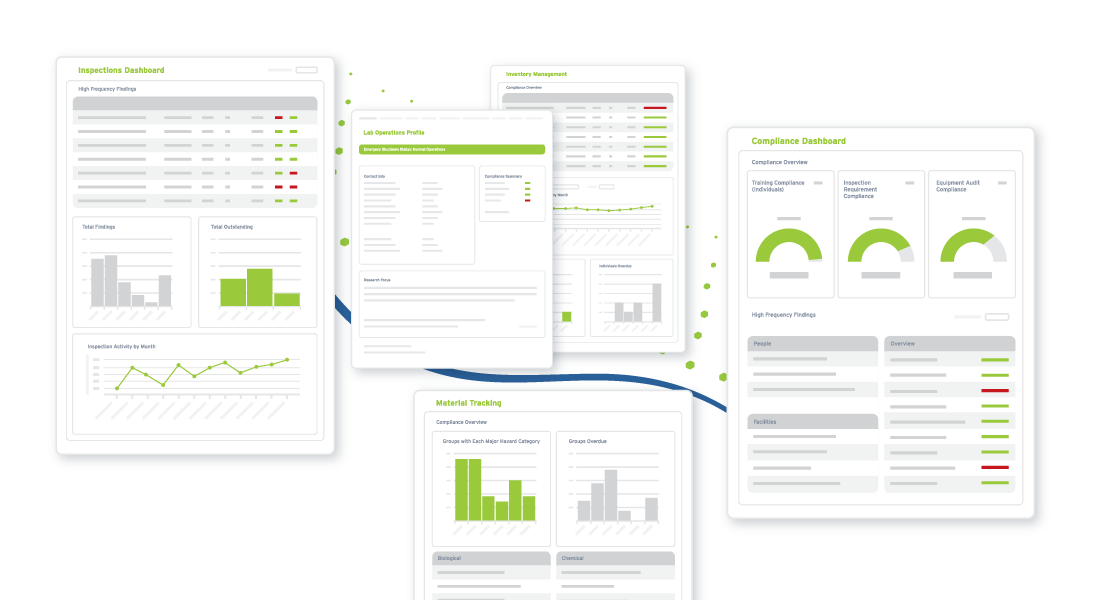Adult Learning – What It's All About!
Adult learning is many things besides workplace training – here's an overview and preview of future columns from an expert in it and one of our Advisory Board members.
I've been asked to write an on-going, quarterly column on adult learning for Safety Smart On-line. As this is my inaugural column, I thought I'd write about what I'll be writing about in future columns. Does that make sense? Let's try this again. Put another way, in this column, I'll discuss an overview of various aspects of adult learning that we'll explore in future columns. Hmm. You know, I think I like the first version better.
If I have to sum up adult learning in one catchphrase, it's this – put the learner first. If you do that, the rest tends to fall into place.
Adult learning can be a lot of different things. It can be environmental, health, and safety (EHS) training in the workplace (which I'm guessing most of you do), but it can also be such endeavors as:
- Adult primary education (reading, writing, literacy, math, etc.)
- English as a second language (ESL)
- Getting one's General Education Degree (GED – an alternative to getting your High School diploma here in the United States)
- Continuing professional development (for engineers, doctors, lawyers, etc. I purposefully am omitting the vast panoply of EHS certifications because I can't possibly list them all, and if I only name a few as examples, those of you with other credentials will "let me know" I omitted yours. Don't get me wrong; I'd love to hear from you readers, just not solely because I happened to not list your credential in an example of adult learning alternatives. Now where was I – oh yes, …)
- Trade skills (David Lee Roth training to become an emergency medical technician [EMT])
- Adults learning how to swim for the first time (I used to be a lifeguard and water safety instructor decades ago – ah, sweet youth!)
- Adults learning (or in my case re-learning) another language – Est ce que vous parlez le Francais?
- Graduate students taking elective courses (in Health, Safety, and Security or Risk Assessment and Management) toward their Master's degrees (I teach college part-time)
- Many other examples – the list goes on and on.
Each of the above is indeed an example of adult learning – and in each case, the various principles or tenets of adult learning apply. When I teach my fellow trainers in train-the-trainer classes (on adult learning in general, not on a specific subject like fork truck train-the-trainer), I like to describe these aspects as the "training cycle." They are:
- A training needs assessment (TNA – what are the person's needs that can be addressed by training)
- Learning objectives ("At the end of the course, the student will be able to…")
- Training design and development (what approaches and/or methods will you use and including your lesson plans)
- Training delivery (be it classroom or on-line training)
- Training validation (perhaps including tests)
- Training evaluation (those ubiquitous forms)
- Improvements for the next time (and there's always a "next time" in training)
There are undoubtedly other adult learning principles (I like to call them ALPs – we all have mountains to climb, but boy, what a view from the top!) including self-directedness, of an immediate need, applicability, flexibility, involvement in the design, participation in class discussions, sharing one's expertise, dyads, triads, and small group work to name a few. We'll certainly need to explore these as well in future columns.
Well, that's probably enough for now. I've given you some information to think about and a preview of columns to come.
I would probably be remiss if I were not to mention the father of adult education Malcolm Knowles. If you are not familiar with Malcolm Knowles or his teachings and writings, I highly encourage you to do so. You can find much about him by merely putting his name into your favorite search engine.
So, until my next column – good day and good training!
Next: How Well Do You Know the Father of Adult Learning?



